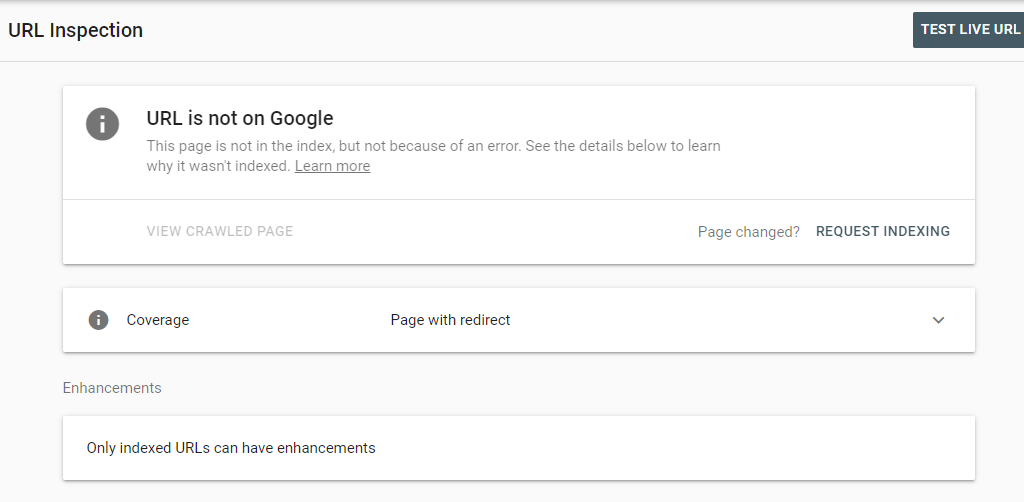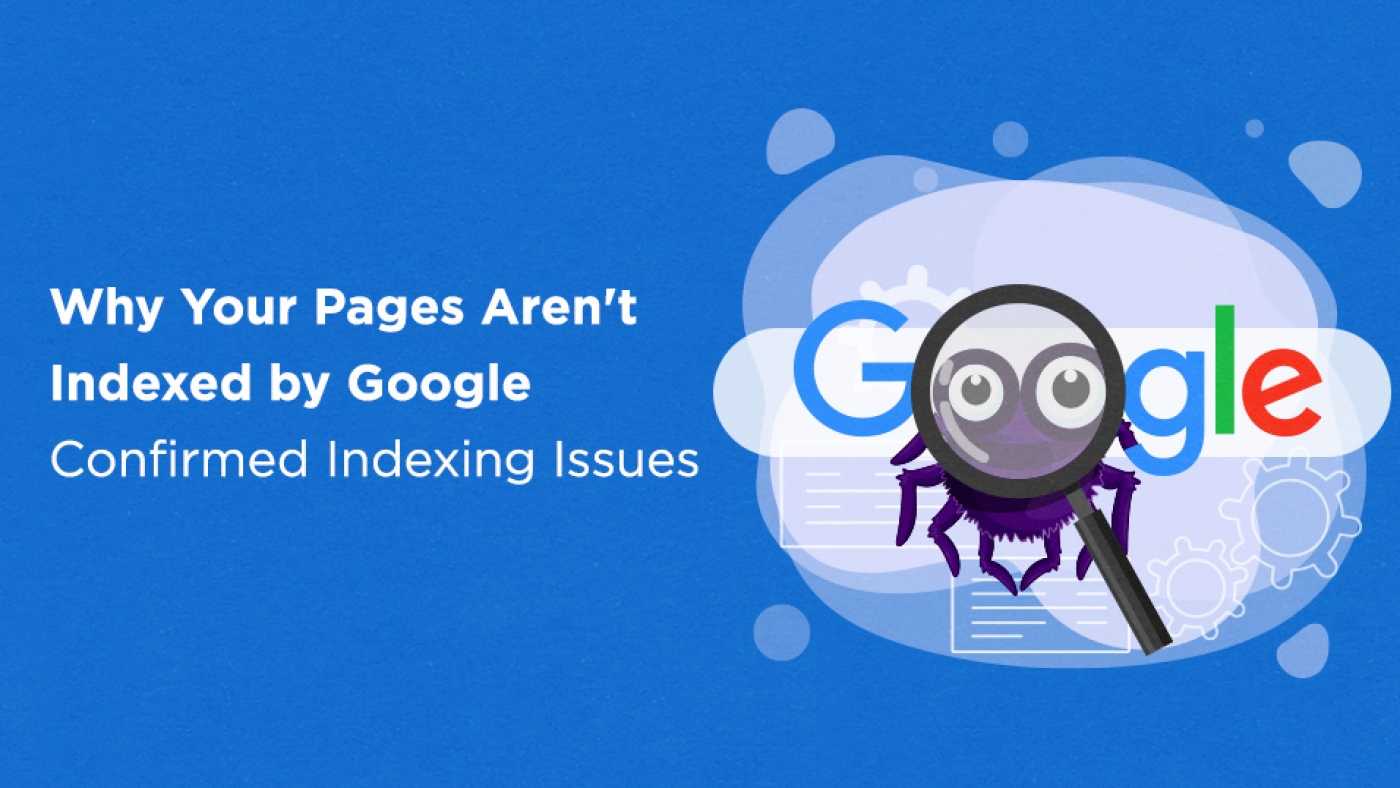Google is facing serious indexing issues today, affecting numerous businesses around the world. Despite official announcements that the indexing issues have been fixed, the problems appear to persist.
Google is, without a doubt, one of the biggest and clearest monopolies in the world. Its closest search competitor, Bing, has only 2% of the market – hardly a significant threat to Google’s 90%. So, what happens when Google’s SERP isn’t working correctly?
Google Indexing Issue

It all started in late September when several complaints arose related to pages being removed from Google’s search index. Many people began reporting index coverage issues and tracking errors in forums, Facebook groups, etc.
Twitter was the most popular channel for this type of issue, as usual, as it’s the only place where there’s a chance that a Google rep might respond to the point.
There is no action for website owners to take on these issues. We apologize for the problems here and are working quickly to resolve them. We will update this topic as each is fixed. It can take days to resolve these two issues completely, but we’ve already restored a lot of URLs and are quickly working to process more.
But things aren’t exactly like that. Aside from the fact that three weeks without indexing new content or deindexing old content is a vast amount of time as far as Internet days are concerned, the problem persists, as several webmasters have reported.
There is no action for website owners to take on these issues. We apologize for the problems here and are working quickly to resolve them. We will update this topic as each is fixed. It can take days to resolve these two issues completely, but we’ve already restored a lot of URLs and are quickly working to process more.
What is Google’s Canonization Problem?
The canonical issue impacted about 0.02% of our index, starting around. We’ve since restored about 10% of these URLs, and we’ve continued to reprocess more. It is somehow a duplicate content issue. For example, let’s say you publish a new article, and then a scraper copies your entire article and posts it the same way.
The canonical tag added to your site would tell Google that your article is the original and should be ranked first. So, if you have page B rank on some keyword, you can ask Google to show page A instead.
Still, once the canonization issue came up, Google wouldn’t show the original content, but the syndicated one (that which is a copy of the original)
What’s the Google Mobile Indexing Problem
The problem caused new pages to take a long time to index and appear in Google’s index. As a result, some of the newly published content has not yet been indexed.
Even the big websites were affected by these problems. Report issues on September 29 as found it strange that all these sites that post news every two minutes have not indexed anything from the last minute.
What’s the Google Mobile Indexing Problem
The mobile indexing problem caused new web pages to take a long time to index and appear in Google’s index. As a result, some of the newly published content has not yet been indexed.
Even the big websites were affected by these problems. Below you can see some images made by Edison Then. He reported this issue on September 29 as he found it strange that all these sites that post news every two minutes have not indexed anything from the last minute.
As you can see from the screenshots above, many webmasters complained that they disappeared from the index. As you can see from the image below, Google stated that the issue only affected a few sites (about 0.2%).
How Google’s Indexing Problem Affects Your Business
The short answer to that would be Big Time.
Home pages, articles, product pages were suddenly deindexed. Imagine that your company’s website no longer appears in surveys.
Google search errors will cause a massive drop in organic traffic. As a result, your content marketing strategy will no longer be applicable.
It’s easy to forget that, after all, Google is just a private business like any other. The one who holds the global monopoly of search engines, with an impressive 92.27% market share on which we all depend, and who has managed to insert his namesake as a common word in the dictionary. But a private company nonetheless. So, while we all like to understand what’s happened and what’s happening and move on with our virtual lives, it might not be that easy.
Can you do anything about this situation?
The short answer is no. Instead, we have to wait and hope that things get back to normal, a phrase we’re sure you’ve heard many times lately. Google is so ubiquitous these days that we don’t even think of it as a private company most of the time. Both the Oxford English Dictionary and the Merriam-Webster Dictionary added “to google” as a transitive verb in 2006. It’s so common that it’s just. There. And with a market share of over 90%, this way of thinking comes as no surprise.
The problem with all this is that we tend to think of common nouns as more reliable for some reason. Google is no longer a company but some public utility service whose sole intention is to help its users rather than balance that and profit as a leading private company.
Even if all this is true, it’s what companies tend to do. They keep a little to themselves. They sell more or less as it suits their purpose. But, due to Google’s near-monopoly, they’re also able to double the playing field, not just accuracy or truth. The search engine giant has no obligation to be excellent. As a private company, they don’t need to tell anyone how they update their algorithms when they have bugs, the intended impact of their actions, or their strategy. However, there is an entire industry that is trying to figure out precisely these things.
